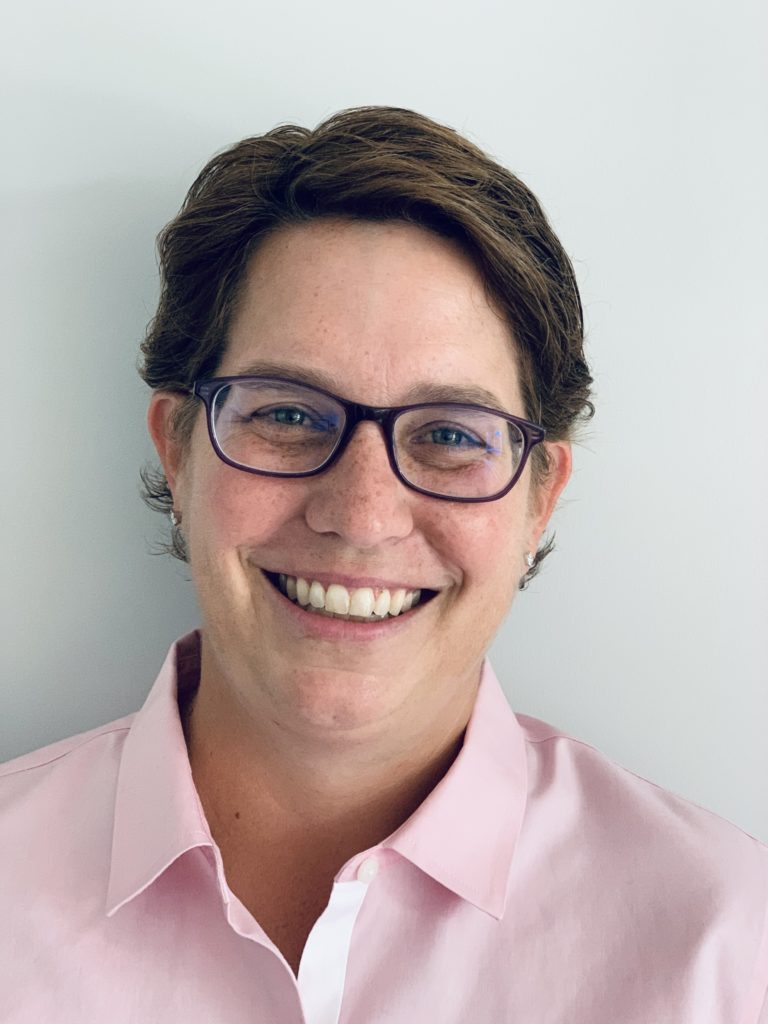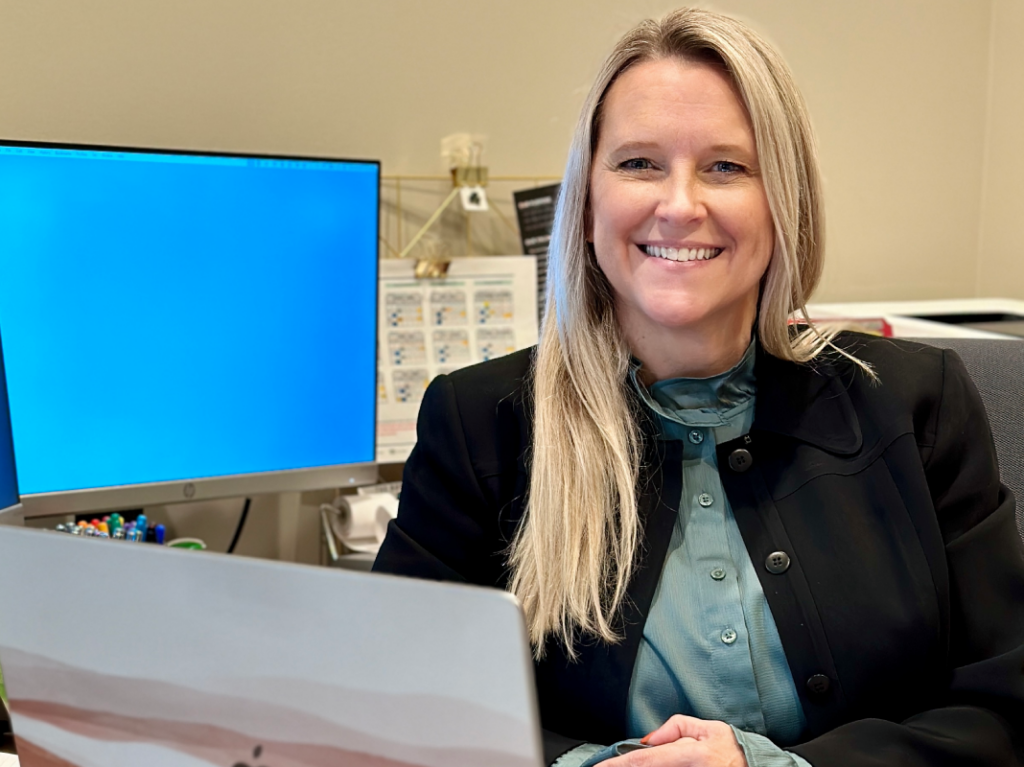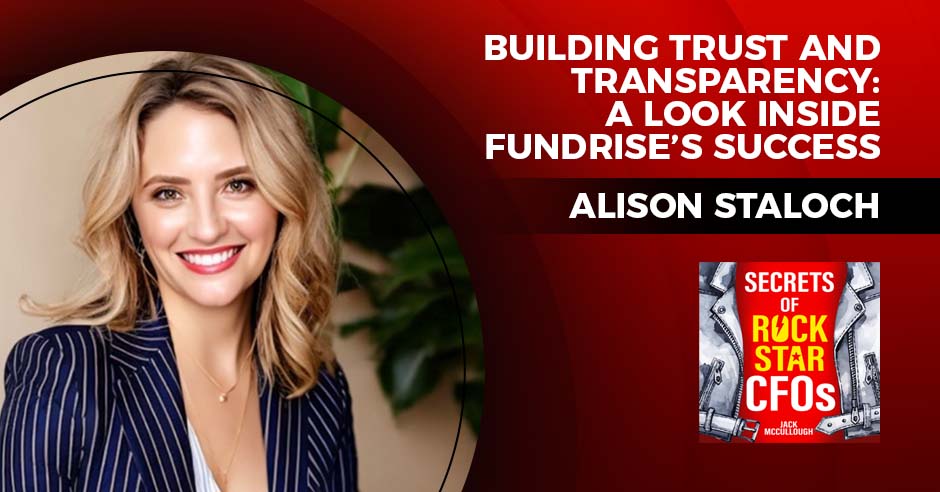Axon is just the kind of company finance professionals during the Great Resignation might send a resume to. Given a market cap that has catapulted from $1 billion to $6 billion in five years, there’s a lot to like. But Axon’s mission may be the biggest part of its appeal. The public safety technology company is the creator of the Taser device that CFO Jawad Ahsan estimated has saved more than 262,000 lives. “We have a mission to make the bullet obsolete,” he said.

At a time when CFOs worldwide are having difficulties recruiting the singular skill sets needed to assemble a superlative finance and accounting organization, a company’s mission is a powerful way to draw in talent. So is culture, technological fluency, a work from anywhere model, educational opportunities, and a competitive salary and benefits. If there were such a thing as a “seller’s market” in finance talent, today’s high demand for these rarefied skills colliding with an extremely low supply is just that.
Five years ago, a job in finance and accounting required a CV populated with technical skills and related certifications. That’s just part of the composite today, with Ahsan looking for four additional traits: a strong sense of integrity, accountability, collaboration and a positive disposition, he said. Since he is personally involved in all hiring decisions and has conducted hundreds of last-stage interviews, by the time a candidate gets to his level, he already knows they have the technical chops. “I’m not going to spend 30 minutes regurgitating what I expected; I’m interested in how they’ll deal with adversity when faced with it,” he said.
During the interview, he asks if there were ever a time when their integrity was challenged, or they had a difficult relationship with a coworker, and how they worked through these issues. “I want people here I know I can trust to do the right things, future finance leaders who will be my operating partners in building the business,” he said.
This amalgamation of hard technical competencies and softer skills like critical thinking, teamwork, reflection and problem-solving, among others, is what makes hiring such individuals so challenging.
“Every CFO is looking for `unicorn’ talent, a specific combination of soft skills like data analysis, communications, collaboration and leadership, in addition to the expected technical skills,” said Mark Partin, CFO at public company BlackLine, a leading provider of automation solutions for finance and accounting, with $425 million in annual revenue and more than 1,400 employees worldwide.
The problem is only 14 percent of respondents to a BlackLine survey of more than 1,150 C-level executives and finance professionals are “confident” they have this talent. “Given the small supply of unicorn talent out there, not every CFO will find what they’re looking for,” Partin said.
Audit firm Grant Thornton’s most recent CFO survey arrived at a similar conclusion, with 68 percent of CFOs either “agreeing” or “strongly agreeing” that they faced a “possible shortage” of finance talent needed to achieve their company’s “short-term strategies.” Not that CFOs are tossing in the towel.
“In building out my finance team,” said Holly Grey, CFO at fast-growing cybersecurity provider Exabeam, which tallies more than 550 employees and a finance team whose headcount has increased 28 percent over the past year and counting. “I tend to look at the soft skills, whether someone can make data-oriented decisions and if their personality fits the organization I’m trying to build. I’m looking for A-players who want to do interesting and fun work, as opposed to hoping to move up the corporate ladder in three years.”
Although the finance organization at CareCentrix, a leading provider of home health care services, is stable at present, CFO Steven Horowitz said he is always looking for people with critical thinking skills—“a business person as opposed to just a numbers person,” he explained. “I want people who are competent and know how to ask questions across the business, and when they get answers, know what to do with them.”

Looking for a similar skill set is Madhu Ranganathan, CFO at OpenText, Canada’s largest software company, with $3.38 billion in revenue and more than 14,000 employees in over 100 countries. “Today’s finance professionals need to be enablers—systematized, process optimization thinkers,” she said. “Traditional technical skills are important, too, but we can teach those. Just because you’re not tall, you can still learn to play basketball.”
Big Demand, Small Supply
Such multiple skills are needed today to assist strategic CFOs navigating the corporate ship through a sea of icebergs—inflation, higher energy prices, labor shortages and the uncertain geopolitical and macroeconomic implications of Russia’s invasion of Ukraine. As Partin put it, “You need topnotch finance talent to analyze business challenges and advise the CFO on optimal decisions and actions.”
Steve Gallucci, Global Leader of Deloitte’s CFO Program, said the broad range of skill sets sought by CFOs mirror their own multi-talents. “The historical CFO and the finance organizations they led were fairly isolated from the rest of the enterprise,” he explained. “The finance team’s primary functions were to close the books, produce reports and assess historical information to forecast how the business was tracking against expectations. None of that has gone away, but it’s table stakes today.”
Whereas the CFO of yesteryear made sure the trains ran on time, CFOs today are strategists and business catalysts, a partner to the CEO assisting in decisions on talent, operations, IT and the supply chain, Gallucci said.
“The CEO trusts the CFO to interpret business drivers and risks, and the CFO trusts the finance organization to assist this need,” he said. “As the traditional tasks within finance and accounting are automated, finance teams have become true business partners, working toward the center of the enterprise.”
As this occurs, Gallucci said that finance team members need to have curiosity, an ability to deal with ambiguity and a high degree of technological fluency, using tools like machine learning algorithms to analyze the financial results. They also need communications skills to interact with business leaders across the enterprise. “For example, finance is best equipped to assess and explain what’s happening to the supply chain, inflation and demand because of Russia’s invasion of Ukraine,” Gallucci said.
While this need is significant, the ability of all companies to provide it is limited. Nearly a third (29 percent) of the CFOs in the BlackLine survey said recent college graduates had traditional finance and accounting skills but didn’t know how to use AI algorithms for decision management. McKinsey & Company’s recent CFO survey discovered much of the same: Leading finance functions had tripled their use of robotics and AI tools for planning, budgeting and forecasting, but their finance organizations had “inadequate internal skill sets” to implement these tools.
Not surprisingly, Deloitte’s Q4 CFO Signals survey ranked talent as the biggest challenge CFOs confront, with respect to hiring, retention, return to work, employee burnout and well-being. The Grant Thornton CFO survey came to a comparable conclusion, with 56 percent of the CFO respondents citing retention as a crucial human capital priority.
Winning the War
To mitigate the talent risk at Axon, Ahsan’s role has expanded. “When I became CFO five years ago, the company was in a tough spot financially. The day I joined we had three material weaknesses. My first week we picked up a fourth, nearly causing a restatement,” he explained. “I needed to recruit finance team members with strong technical skills and rebuild the accounting team to restore our credibility with investors.”
This credibility regained, his primary focus today is building a trusted finance and accounting team that won’t repeat the mistakes of the past. He’s looking for a “100 percent culture fit,” insofar as the four key traits he mentioned—integrity, accountability, collaboration and a positive disposition. So important is his single-mindedness on the subject that Ahsan has written a book about it, What They Didn’t Tell Me: How to Be a Resilient Leader and Build Teams You Can Trust.
Standing in the way of recruiting this talent is the Great Resignation and large technology companies like Google and Amazon skimming the cream off the top. “We’ve repositioned as a technology company…to protect people in all ways, from a wide range of Taser smart weapons to police body cameras and VR training tools, but in doing that we’re competing for finance talent against the tech titans,” Ahsan explained.
To compete, the company offers finance job candidates an innovative exponential stock performance plan, in which employees commit a fixed portion of their earnings into a performance-based restricted stock unit that delivers returns upon the realization of stretch performance goals. “We see this as a fresh approach to recruit and retain exceptional talent with a long-term outlook, providing the opportunity to earn greater rewards for greater success,” Ahsan said, noting Axon’s 27 percent revenue growth in 2021 (to $863 million).

Exabeam’s high growth potential is one of its recruitment incentives, said CFO Grey. “I’ve worked at companies that were content to retain flatline, but that’s not us,” she added. “We’re growing and expanding globally, creating opportunities for finance talent to come here and to stay put.”
Concerned about the strain and disruption caused by attrition in finance ranks, Grey is looking for at least a three-to-five-year commitment. “I’m worried about what leaving does to the the rest of the team, whose shoulders the work falls onto,” she explained. “I simply won’t tolerate a work environment that results in burnout, people toiling for an insane number of hours.”
She once received an email from a team member who sent it at 3 in the morning. “I said, `What are you doing up at this hour? You don’t have to do that.’ If an accountant here needs to be offline at 2 p.m. to collect a sick kid at school, it’s okay by me. I want everyone to have real work-life balance.”
Her approach might seem touchy-feely, but that’s just the point. At OpenText, Ranganathan said, “I find myself using the word `empathy’ a lot these days. The first comment I make in every email I send is, `I hope you are well,’ because we’re a `wellness-first’ company. Everyone here, myself included, needs to take care of themselves and their families first.”
This is not an insincere declaration. OpenText conducts weekly exercise and nutrition workshops and retains two personal trainers on staff. A big believer in the value of education, reskilling and upskilling, the software giant funds the OpenText Finance Academy for recent college graduates of accounting, finance or analytical programs. The company hires many academy alumni in its treasury, global tax, accounting and internal audit functions. “It’s mandatory that every business unit here has a certain percentage of finance academy graduates,” Ranganathan said.

CareCentrix extends advanced education funding to finance team employees, picking up tuition expenses to learn new technology skills, Horowitz said. “We also host monthly virtual meetings where we bring someone in from another part of the business to talk about their opportunities and risks, enhancing the finance organization’s knowledge of who we are and what we do,” he said.
Other recruitment and retention inducements include the company’s “work from anywhere” model and a competitive salary and benefits. CareCentrix employs about 1,800 people and has approximately $1.5 billion in annual revenue.
OpenText also has substantial financial resources to pay salaries commensurate with other tech colossuses. But Ranganathan said the real benefit of joining the finance team lies elsewhere. “Salaries, bonuses, equity, sure, we give all of that and more, but the most important benefit we offer finance talent here is less work,” she said.
Asked what she meant, the CFO cited management guru Peter Drucker’s “organized abandonment” theory. As Drucker put it, “Companies need to free resources from being committed to maintaining what no longer contributes to performance, and no longer produces results.”
“Today’s finance team is not what it used to be, all that monotonous drudgery reconciling accounts and matching transactions to close the books,” Ranganathan explained. “What we do here in the finance organization is exciting high-quality work, with none of the tedium. What used to be a 60-minute meeting is 30 minutes and 15 is the new 30.”








